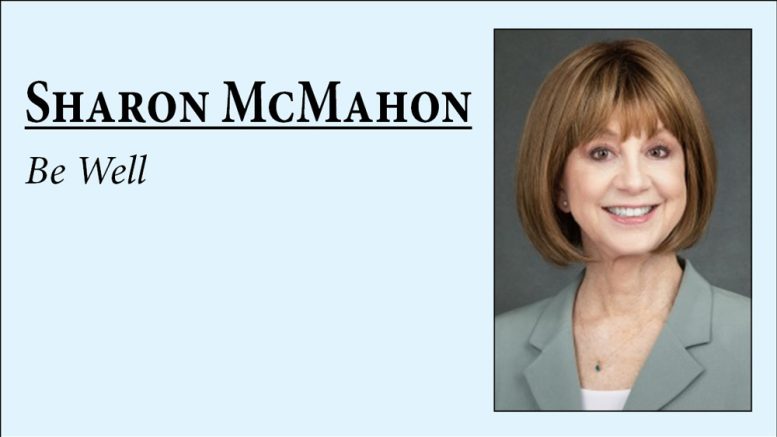“Take it easy, take it easy … Don’t let the sound of your own wheels drive you crazy. Lighten up while you still can …” – Glenn Frey & Jackson Browne, May 1972
As many of my readers have surmised, I marry the quotes I select with the topics I wish to present to you. Sometimes those quotes are from physicians, philosophers, historians, musicians, etc. And we will get to the topic at hand for this article very quickly. HOWEVER – I am thrilled to say that I have obtained tickets for the (in my humble opinion!) best band to appear on the music scene in my lifetime … they are troubadours, poets, vocalists, musicians and I look forward to seeing them on the Eagles’ farewell tour in Indy in October.
Okay, back to the business at hand! How many of us truly “take it easy” during these often-stressful times in our country – and the world? If you do, please share! Truly it is difficult to raise children, care for elderly loved ones, and just make our way through the 24-hour news cycle that surrounds us. Add to that the road rage and various daily disruptions to our plans and schedules. I am enjoying retirement, but it is not a panacea to stress issues.
Stress and the resulting release of the hormones adrenaline and cortisol can greatly affect one’s health. The increase in heart rate and boost of energy supply is of course useful in a fight-or-flight situation but thankfully most of us do not encounter that scenario on a daily basis and that stress response system is usually self-limiting. However, when stressors are always present this reaction stays turned on.
The overexposure to cortisol and other hormones that follow can disrupt your body’s processes. This puts you at increased risk for many health problems including anxiety, depression, digestive problems, headaches, heart disease, heart attacks, high blood pressure, stroke, sleep problems, weight gain, and memory impairment.1
How we react to life’s stressors is affected by both genetics and life experiences. People who were neglected or abused as children may be particularly vulnerable to stress, as well as accident survivors, military personnel, and police and firefighters.
Stressful events are facts of life, and most people can take steps to manage the impact. Some of the stress management strategies include a healthy diet, regular exercise, good sleep, practicing relaxation techniques, keeping a journal, taking time for hobbies, volunteering, having a sense of humor, and seeking professional counseling if warranted. I personally believe that a pet can be an important part of a stress-free lifestyle if one bonds to that pet. Avoid unhealthy ways of coping with stress by using alcohol, tobacco, drugs, or excess food. Share any of these concerns with your physician or licensed health professional.
You can have control over the effects of stress in your life and be rewarded with peace of mind, a better quality of life, improvement of health conditions, better focus, and better relationships and possibly a longer and healthier life.
I first heard “Take it Easy” in 1972 as a 22-year-old and it is still one of my favorites. So, please, as the song goes, “lighten up while you still can” and “take it easy.”
1 mayoclinic.org/healthy-lifestyle/stress-management
Sharon McMahon, CNWC
The opinions expressed in this article are not intended to replace advice of your personal physician or licensed health professional. Please consult your physician for any issues you may have related to nutrition or fitness activity.

